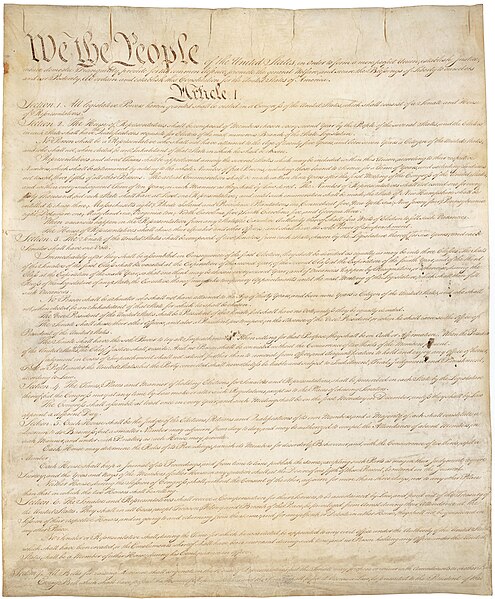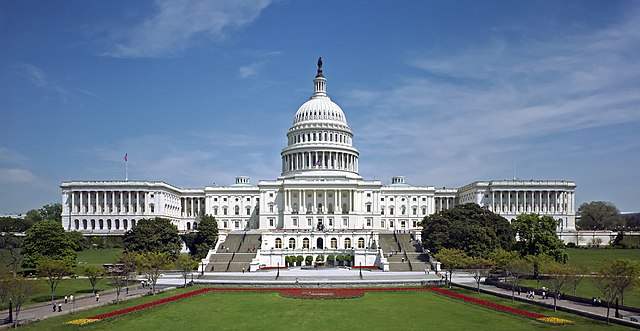The United States is considered to have the most favorable legal regime for inventors and patent owners in the world. Under United States law, a patent is a right granted to the inventor of a (1) process, machine, article of manufacture, or composition of matter, (2) that is new, useful, and non-obvious. A patent is the right to exclude others, for a limited time from profiting from a patented technology without the consent of the patent holder. Specifically, it is the right to exclude others from:
making,
using,
selling,
offering for sale,
importing,
inducing others to infringe,
applying for an FDA approval, and/or
offering a product specially adapted for practice of the patent.
U.S. patent (1985-2018)
U.S. patent (2018-present)
The law of the United States comprises many levels of codified and uncodified forms of law, of which the most important is the nation's Constitution, which prescribes the foundation of the federal government of the United States, as well as various civil liberties. The Constitution sets out the boundaries of federal law, which consists of Acts of Congress, treaties ratified by the Senate, regulations promulgated by the executive branch, and case law originating from the federal judiciary. The United States Code is the official compilation and codification of general and permanent federal statutory law.
Constitution of the United States
The United States Congress enacts federal statutes in accordance with the Constitution.
The Supreme Court of the United States is the highest authority in interpreting federal law, including the federal Constitution, federal statutes, and federal regulations.
Law affects every aspect of American life, including parking lots. Note the citations to statutes on the sign.






